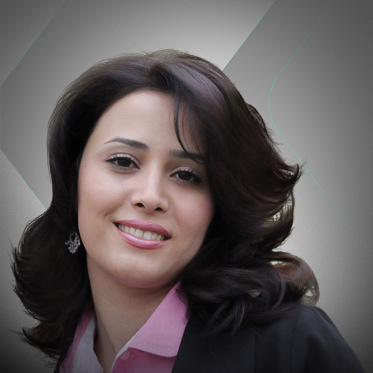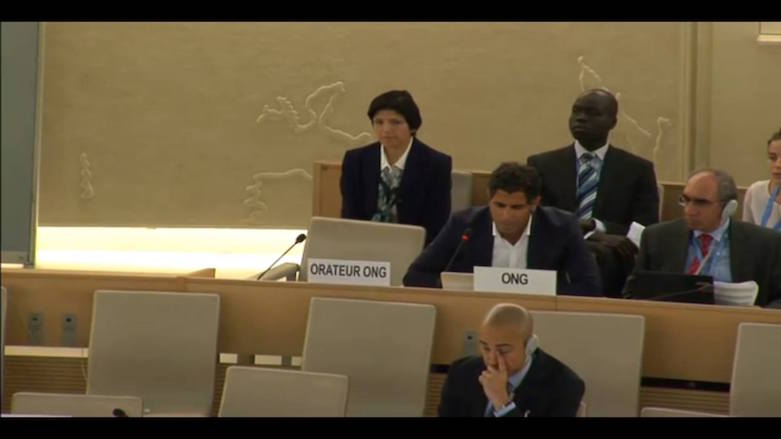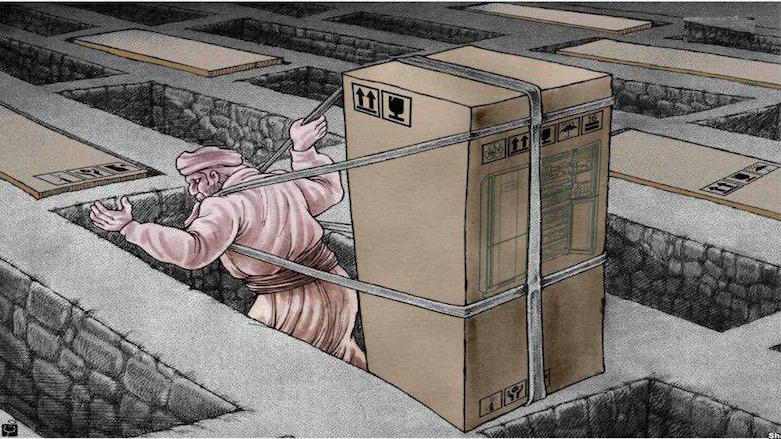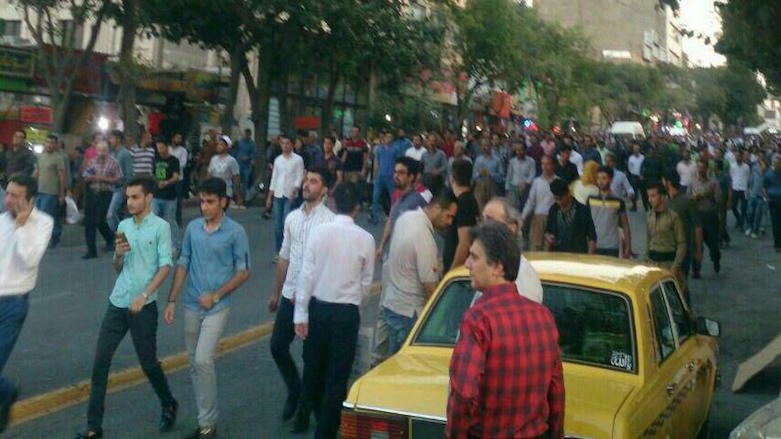Kurdish cities in Iran militarized after demonstrations
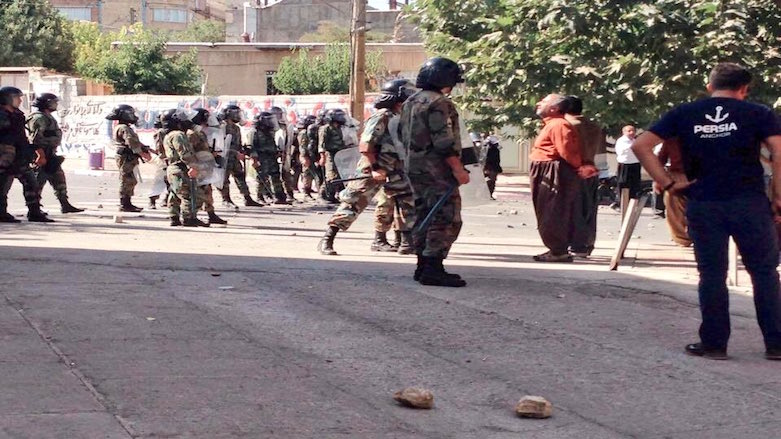
ERBIL, Kurdistan Region (Kurdistan 24) – Iranian Kurds on Tuesday demonstrated in protest to the continuous and random killing of Kulbaran (border couriers) by border guards.
Demonstrators asked the governor to bring perpetrators to justice or resign. In response, Iranian authorities militarized the city and temporarily detained several protesters.
At least 10 people have been injured, and four others have been arrested, locals say.
A Sanandaj official defended the killing, saying the victims were “smugglers, carrying dangerous goods.” His remarks further outraged an angry crowd.
A Baneh official asked people to calm down and have claimed the soldiers who opened fire on the Kulbaran on Monday have been arrested.
However, protesters say they have heard these promises too many times before and have lost trust.
The protests have reportedly spilled into other Kurdish cities in Iran, also known as Rojhelat, including the cities of Mariwan, Serdest, and Piransahr whose activists are calling on people to stand in solidarity with Baneh protesters.
“Let all the armed guards from elsewhere in Iran be deployed in Baneh. We have decided to be the voice of the Kulbar and bring the killers to justice,” an activist told Kurdistan 24 on condition of anonymity.
“We have written to national and international rights organizations for years. Nobody has done anything beyond empty words and promises,” the activist continued. “We will stop the killing of Kulbar.”

Early Monday morning, Iranian border guards killed Ghader Bahrami, 41, father of four, and Heydar Faraji, 22, reported the Kurdistan Human Rights Network (KHRN).
The two men were reportedly not carrying goods and were simply crossing borders.
After carrying the dead bodies of the two men to a hospital, angry protestors stormed the city hall, breaking the door and demanding justice for the victims.
In response, armed guards have been positioned across the city center and in front of government buildings.
The Kurdish term “Kulbar” consists of “kul” meaning back and “bar” meaning carrying. “Kulbaran” is the plural form.
Finding no other means to earn a living, Kulbaran climb impassable roads for long hours, sometimes days, while carrying goods such as tobacco and tea to make as little as $10 a day.

Activists called on people to continue protesting the unaccountable killing of poverty-stricken individuals who are forced into smuggling goods across borders.
Shooting unarmed border couriers is a violation of Iran’s own laws as well as international laws.
Lawyer Sara Mohamadi told Kurdistan 24 Iranian laws dictate that the border guards can fire their weapon only if they believe the trespasser is armed and dangerous, but “must never shoot to kill.”
“There are also specific steps they must follow: first, an oral warning, second, by shooting into the air, and third, targeting the lower body if they must fire,” Mohamadi said, speaking on the phone.

She said crossing borders without paying tariff is breaking the law, but Iran’s handling of legal cases in Kurdistan and Baluchistan is very different from the rest of the country where the judicial system is tainted by perceiving these minorities as a threat to “territorial integrity.”
Mohammadi, who has represented several Kulbar families in Iran, said none of her cases were ever received fairly in a court of law.
However, she mentioned her colleagues in other parts of Iran have been able to receive compensation for some of their clients.
“Even in rare cases when fair judges rule that the families of dead border couriers can receive compensation, the money is paid by the government,” the Kurdish lawyer said.
“It is unheard of that a border guard be questioned for killing a human,” she added.

A United Nations’ report on the situation of human rights in Iran stated the arbitrary killing of the unarmed Kulbar is “in violation of Iran’s domestic laws and international obligations.”
Iran responded to the UN’s concerns stating, “It is very difficult to distinguish drug traffickers and armed bandits from real [Kulbar] at [the] borders.”
Editing by Karzan Sulaivany
